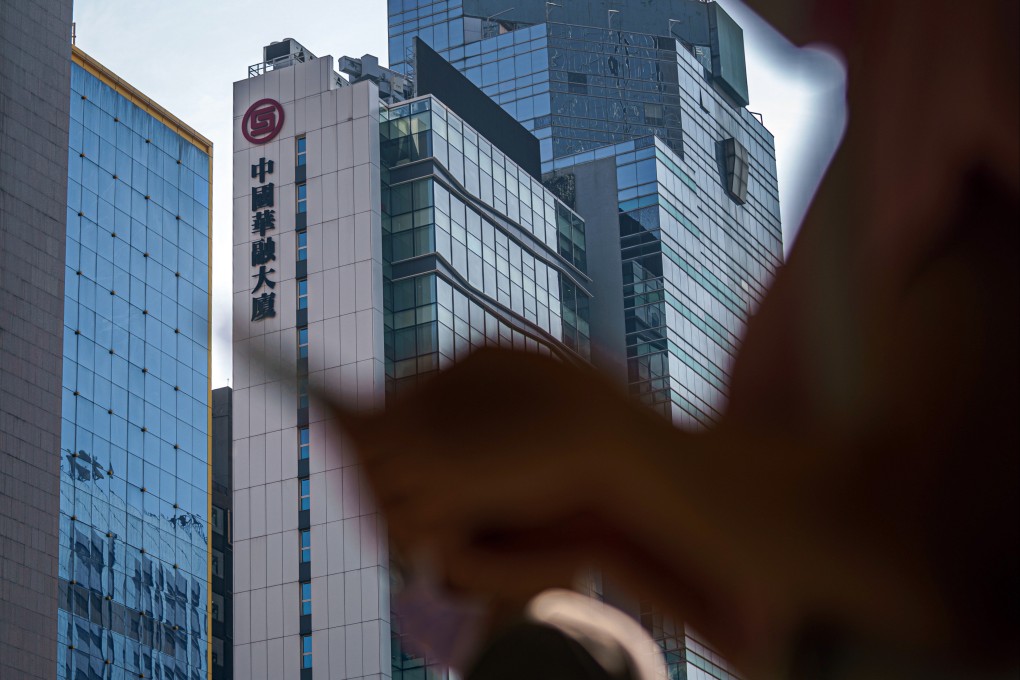China Huarong set to be removed from MSCI indexes as Hong Kong trading halt persists
- Huarong will no longer be a constituent of all MSCI-compiled indexes effective June 22
- The Chinese bad-debt manager also faces possible expulsion from Hang Seng gauges

Trading in shares of the Chinese company that disposes of banks’ non-performing loans has been halted since April 1 in Hong Kong, after it failed to release its 2020 annual result. This has triggered an MSCI rule that a stock will be booted out if its trading suspension lasts for 50 consecutive days.
Huarong will no longer be a constituent of all MSCI-compiled indexes effective June 22, the New York-based company said overnight on Thursday.
While Huarong’s weightings on MSCI indexes were largely nominal, their exclusion will lead to portfolio adjustments by global funds managing US$210 billion that track the MSCI gauges. The stock was kicked out of FTSE Russell indexes on June 4.
For now, Huarong retains its member status as far as the Hang Seng Composite Index and the Hang Seng Composite Mid-cap Index are concerned. But it faces possible exclusion from these gauges too, as rules set by the Hong Kong index compiler require a stock’s removal after a three-month suspension for not releasing annual results.